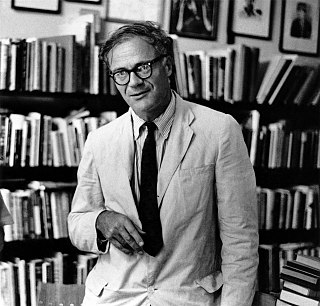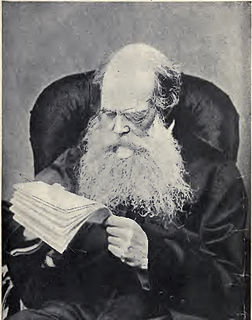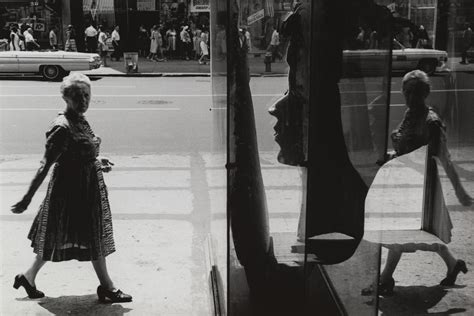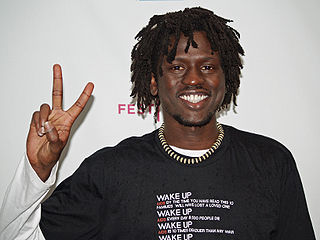A Quote by Betty Smith
You took a walk on a Sunday afternoon and came to a nice neighborhood, very refined. You saw a small one of these trees through the iron gate leading to someone's yard and you knew that soon that section of Brooklyn would get to be a tenement district. The tree knew. It came there first. Afterwards, poor foreigners seeped in and the quiet old brownstone houses were hacked up into flats, feather beds were pushed out on the window sills to air and the Tree of Heaven flourished. That was the kind of tree it was. It liked poor people.
Quote Topics
Afternoon
Afterwards
Air
Beds
Brooklyn
Came
District
Feather
First
Flats
Foreigners
Gate
Get
Hacked
Heaven
Houses
Iron
Kind
Knew
Leading
Liked
Neighborhood
Nice
Old
Out
People
Poor
Poor People
Pushed
Quiet
Refined
Saw
Section
Small
Someone
Soon
Sunday
Sunday Afternoon
Through
Took
Tree
Trees
Up
Very
Walk
Were
Window
Would
Yard
Related Quotes
No matter where its seed fell, it made a tree which struggled to reach the sky. It grew in boarded-up lots and out of neglected rubbish heaps, and it was the only tree that grew out of cement. It grew lushly, but only in the tenements districts.... That was the kind of tree it was. It liked poor people.
There's a tree that grows in Brooklyn. Some people call it the Tree of Heaven. No matter where its seed falls, it makes a tree which struggles to reach the sky. It grows in boarded-up lots and out of neglected rubbish heaps. It grows up out of cellar gratings. It is the only tree that grows out of cement. It grows lushly . . . survives without sun, water, and seemingly without earth. It would be considered beautiful except that there are too many of it.
Tree of Liberty: A tree set up by the people, hung with flags and devices, and crowned with a cap of liberty. The Americans of the United States planted poplars and other trees during the war of independence, "as symbols of growing freedom." The Jacobins in Paris planted their first tree of liberty in 1790. The symbols used in France to decorate their trees of liberty were tricoloured ribbons, circles to indicate unity, triangles to signify equality, and a cap of liberty. Trees of liberty were planted by the Italians in the revolution of 1848.
Once upon a time there was a crooked tree and a straight tree. And they grew next to each other. And every day the straight tree would look at the crooked tree and he would say, "You're crooked. You've always been crooked and you'll continue to be crooked. But look at me! Look at me!" said the straight tree. He said, "I'm tall and I'm straight." And then one day the lumberjacks came into the forest and looked around, and the manager in charge said, "Cut all the straight trees." And that crooked tree is still there to this day, growing strong and growing strange.
...trees to cool the towns in the boiling summer, trees to hold back the winter winds. There were so many things a tree could do: add color, provide shade, drop fruit, or become a children's playground, a whole sky universe to climb and hang from; an architecture of food and pleasure, that was a tree. But most of all the trees would distill an icy air for the lungs, and a gentle rustling for the ear when you lay nights in your snowy bed and were gentled to sleep by the sound.
I saw the spiders marching through the air, Swimming from tree to tree that mildewed day In latter August when the hay Came creaking to the barn. But where The wind is westerly, Where gnarled November makes the spiders fly Into the apparitions of the sky, They purpose nothing but their ease and die Urgently beating east to sunrise and the sea.
The idea that the snapshot would be thought of as a cult or movement is very tiresome to me and, I'm sure, confusing to others. It's a swell word I've always liked. It probably came about because it describes a basic fact of photography. In a snap, or small portion of time, all that the camera can consume in breadth and bite and light is rendered in astonishing detail: all the leaves on a tree, as well as the tree itself and all its surroundings.
One time I saw a tiny Joshua tree sapling growing not too far from the old tree. I wanted to dig it up and replant it near our house. I told Mom that I would protect it from the wind and water it every day so that it could grow nice and tall and straight. Mom frowned at me. "You'd be destroying what makes it special," she said. "It's the Joshua tree's struggle that gives it its beauty.
































